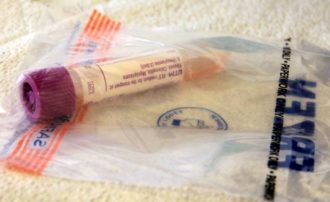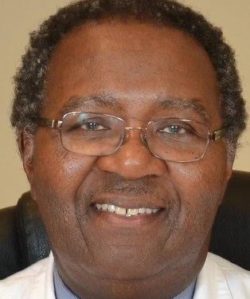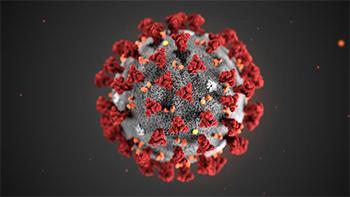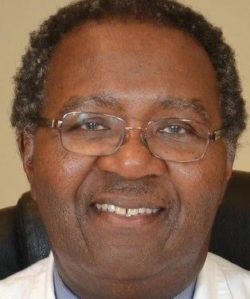By Dr. Shelby R. Wilkes
With the rising number of cases in the United States and especially in hot spots such as New York City, Chicago and New Orleans, the imperative for access to testing and health care equity for all Americans is critical in the present pandemic of COVID-19. The rate of infection and mortality of African Americans with the coronavirus in these cities is significantly out of proportion to their representation in the general population of each these cities.

We are keenly aware of the co-morbidities disproportionately affecting African Americans and Latinos. Even though we still find that such patients have diabetes mellitus, systemic hypertension, renal disease, breast and prostate cancer, at a greater rate compared to the general population, we are concerned about health care disparities related to limited COVID-19 testing, not proactively performing enough testing, and not doing enough early testing in the African American population.
In Georgia, particularly in Albany and Macon, extensive, equitable access to free and quick testing, combined with social distancing, tracing of contacts and the wearing of masks, must be done on a regular basis to stop the spread of the coronavirus.
In view of the disproportionate number and percentages of African American citizens being affected by COVID-19, we have several recommendations for dealing with the present challenges in our community. One, test our population, with an immediate reduction of any hurdles and barriers, so that easy, prompt identification of African American citizens who are infected can be done.

Some of our members are reporting that one criterion for obtaining a coronavirus test — that a person has been exposed to an individual who tested positive — is not considered sufficient to warrant prompt testing in a number of areas in Georgia. This roadblock should immediately be removed, not only for the health of the individual needing the test, but in order to reduce the spread of the coronavirus.
Second, tracing people’s contacts, including racial, ethnic, gender, and age statistics of the individuals testing positive, is significant in order to decrease the spread of COVID-19. This tracing of contacts among people exposed to the coronavirus can possibly help not only to reduce the morbidity, but it can also possibly decrease the mortality in the African American and Latino populations in the state.

Third, social distancing of 6 feet has been recommended by the CDC. Continued practices of hand washing with soap and water and hand sanitizing with a solution containing at least 60% alcohol will be helpful in mitigating the spread of the coronavirus. In addition, when one coughs, one should do so into one’s elbow, and avoid touching one’s face, nose, and eyes during this crisis. Moreover, continue to wear your mask in public spaces.
COVID-19 has again shined a bright light on what is already a well-known fact, that disparities in health care exist for African Americans. The usual solutions that are aimed at the whole will be ineffectual for this highly vulnerable population. What is needed is a more in-depth assessment of the social determinants of health care and application of the enhanced financial resources necessary and the recommended public health efforts described in order to resolve these discrepancies. Now is an opportune time, mandated by the current pandemic, to help resolve health disparities that have haunted the United States for centuries. We can achieve health equity, and maybe the current crisis is the impetus needed to achieve this heretofore unobtainable goal. Georgia State Medical Association stands primed and ready to lead the way.
Dr. Shelby R. Wilkes is president of the Georgia State Medical Association, which serves as the collective voice of African-American physicians and the leading force for parity and justice.

